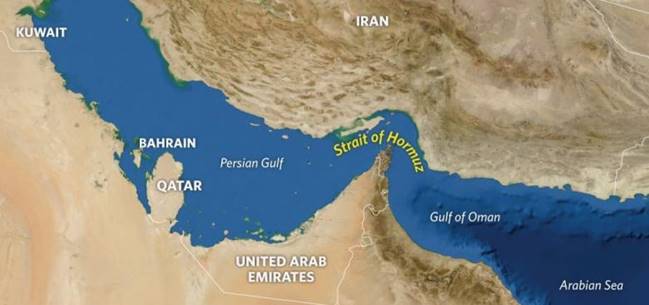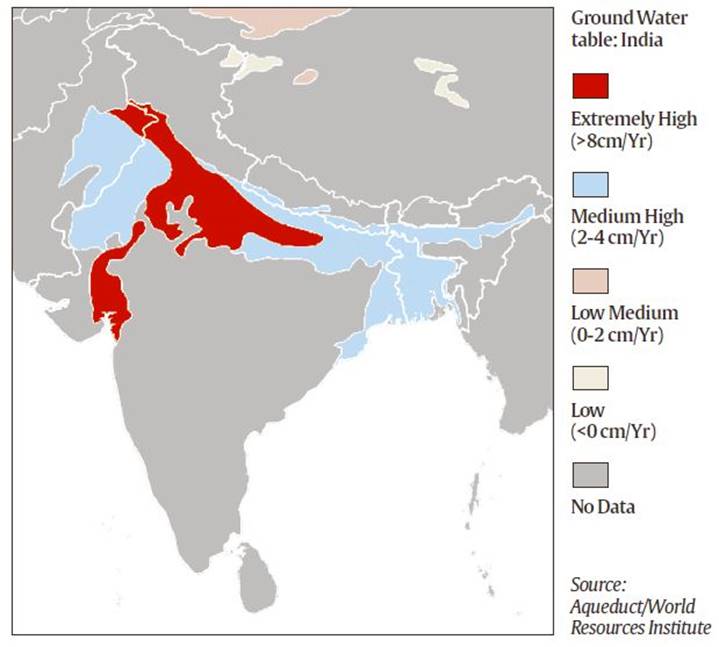



Consumer Protection Bill, 2019 gets Parliamentary approval
Consumer Protection Bill, 2019 gets Parliamentary approval
10. It has provisions to deal with deterrent punishment to check misleading advertisements and adulteration of products. It also proposes strict action against advertisers for misleading advertisements.
Source:
---------------------------------------------------------------------------------------------------------------------------------------
The US Treasury Department declared that China is a currency manipulator. The central bank of China, allowed the yuan to suddenly depreciate (or lose value) relative to the dollar by 1.9 per cent. US announced that it would approach the International Monetary Fund “to eliminate the unfair competitive advantage created by China’s latest actions”.
How currency rate is determined?
The exchange rate for any currency would be determined by the interplay of its demand and supply.
What is currency manipulation?
Currency manipulation happens when governments try to artificially tweak the exchange rate to gain an “unfair” advantage in trade. A weaker domestic currency comes in very handy when governments are trying to attract foreign demand and boost exports.
Source:
A security plan for the Strait of Hormuz
The Strait of Hormuz is a strait between the Persian Gulf and the Gulf of Oman. It provides the only sea passage from the Persian Gulf to the open ocean and is one of the world's most strategically important choke points.
A third of the world’s liquefied natural gas and almost 25% of total global oil consumption passes through the strait, making it a highly important strategic location for international trade.

In May, two Saudi Arabian oil tankers were among the four commercial vessels that came under attack near the Strait.
An “international maritime security mission” led by the US to secure the Strait of Hormuz received a shot in the arm after Britain joined the efforts. British navy ships will accompany commercial ships that are owned by U.K. companies. The US will provide intelligence and reconnaissance information.
---------------------------------------------------------------------------------------------------------------------------------------
Water crisis in India: WRI Report :
One-quarter of the world’s population faces “extremely high” levels of baseline water stress, which means that irrigated agriculture, industries, and municipalities withdraw more than 80% of their available supply on average every year, new data from the World Resources Institute (WRI) show.
The Aqueduct tool used by the WRI ranks countries on the basis of “water risk scores”, which are determined using 13 indicators of water risk.

In addition to rivers, lakes and streams, India’s groundwater resources are severely overdrawn, largely to provide water for irrigation.The WRI said climate change is set to complicate matters further.
The WRI report comes a little over a year after the government’s own think tank, NITI Aayog sounded the alarm, saying that India was in the midst of its worst ever water crisis, with “Day Zero” for groundwater — when there will be no more groundwater — for 21 cities, including Delhi, Bengaluru, Chennai and Hyderabad, falling next year, in 2020. The worst affected are the northern states — ironic when one considers that these are served by snow fed rivers from the Himalayas.
The WRI suggested solutions of more efficient irrigation, conserving and restoring lakes, floodplains, and groundwater recharge areas; and collecting and storing rainwater.
EWS are tools for local, national and regional institutions to manage disaster risks and reduce damage and casualties. Investment in EWS has shown evidence to save lives and help protect property.
Preventive measures focus on critical infrastructure to prevent disasters, such as flood-control systems, strengthening building codes, construction of shelters and protecting environmental buffers.
Advance warning of impending tropical cyclones can facilitate planning and preparation against cyclone events and bring great socio-economic benefits.
Every month in 2019 has been among the four warmest such month on record, according to a report from the Copernicus Climate Change Programme.

© 2025 iasgyan. All right reserved